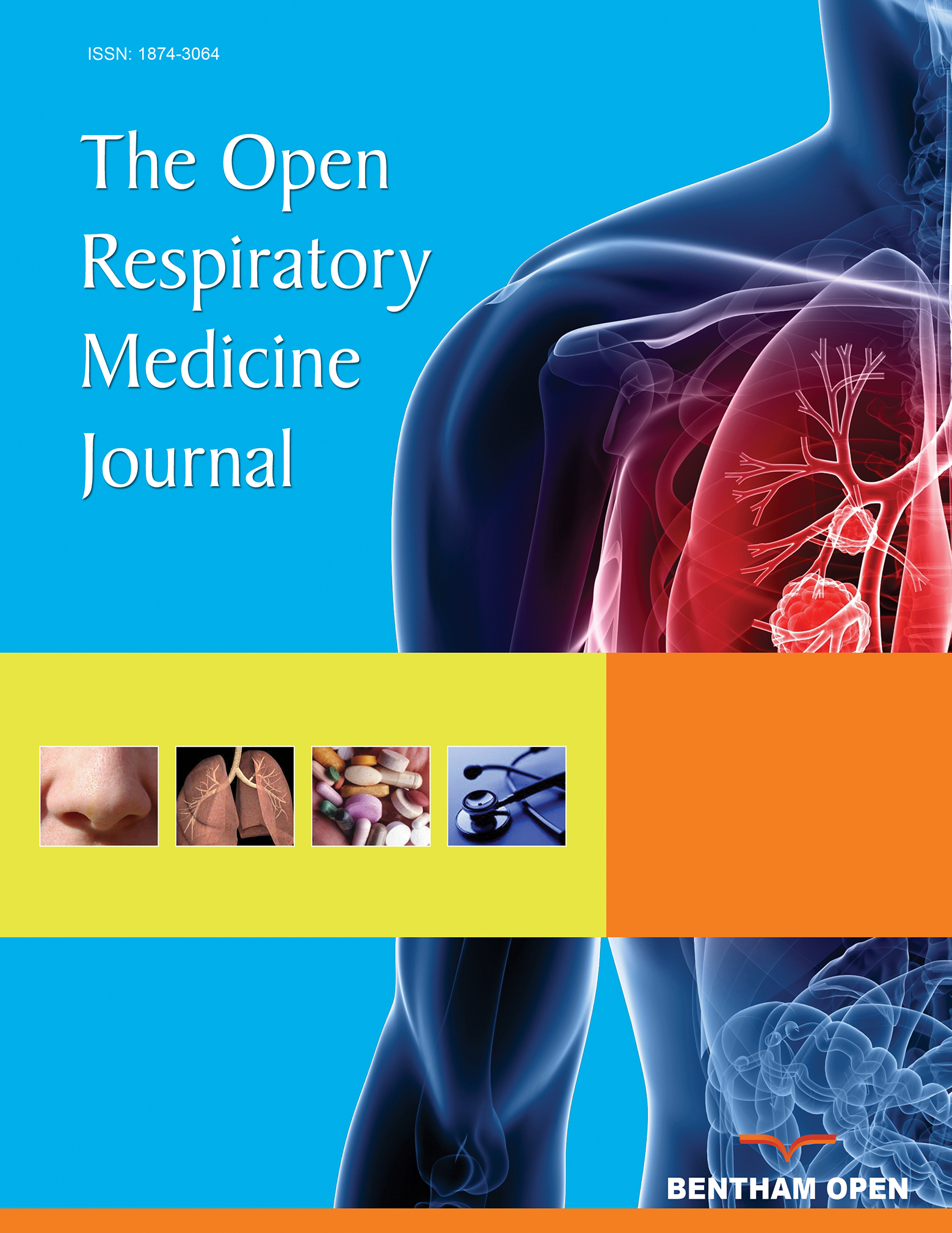All published articles of this journal are available on ScienceDirect.
Treatment Outcomes of Tuberculosis Retreatment Case and Its Determinants in West Ethiopia
Abstract
Background:
Tuberculosis (TB) is a major public health concern in the developing world. World Health Organization’s (WHO’s) list of 30 high TB burden countries accounted for 87% of the world’s cases. The annual infection rate in developing countries reached 2% or more; where as in developed countries this figure is 0.5%.
Objective:
The objective of this study is to assess treatment outcomes of tuberculosis retreatment case and its determinants at Nekemte Referral Hospital (NRH), West Ethiopia.
Methods:
A retrospective cross-sectional study was conducted. All registered adult TB patients under retreatment regimen who were treated at NRH TB clinics from January 2014 to December 2017 were included in this study. A multiple logistic regression was used to assess the significance and strength of association. A P-value <0.05 was used as statistically significant.
Results:
The prevalence of retreatment case was 12.12%. Of 219 study participants 159(72.6%) were patients with relapse, 43(19.6%) were with retreatment after failure and 17(7.8%) were patients who return after loss to follow-up. On multivariable logistic analysis poor treatment outcome was more likely to occur among patients with positive Acid Fast Bacilli (AFB) result at 5th month (Adjusted odds ratio (AOR =4.3, 95%, (1.8-10.0) p=0.001) and patients taking category 1 (2ERHZ/4RH) drugs (AOR=2.1, 95% CI= (1.1-4.5) p=0.048).
Conclusion:
This study showed that treatment outcomes of TB retreatment case were below standard set by the WHO. Factors that were significantly associated with poor treatment outcome were positive AFB resulting at 5th month and patients on category 1(2ERHZ/4RH).


